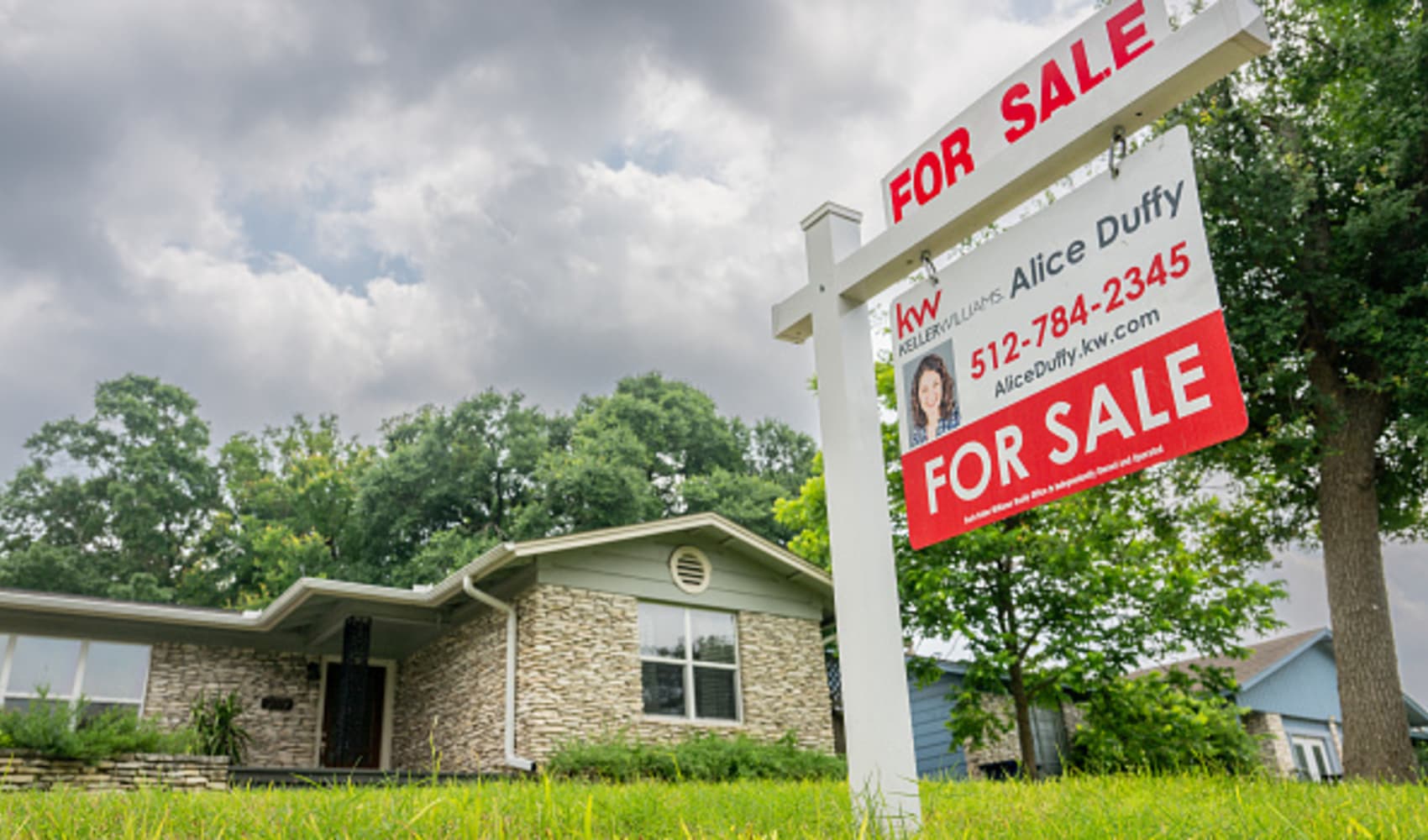
As the climate crisis continues to pose a global threat, top economists are debating its effect on the U.S. economy.
Mark Zandi, chief economist at Moody’s Analytics, projects "physical risks" will be the biggest economic cost over the next 10 to 20 years. These are damages caused by natural disasters, which are now occurring at greater frequencies. Zandi also projects transition costs associated with moving from a fossil fuel-dominated economy to one driven by green energy will put a weight on the U.S. economy.
Jeffrey Sachs, an economics professor at Columbia University, says he is more focused on how the clean energy transition will be possible worldwide within the next 25 years.
“How can the whole world get a clean energy system?” asked Sachs. “Because if the U.S. does it and the others don’t do it, forget it. It doesn’t stop the world crisis.”
Get top local stories in San Diego delivered to you every morning. >Sign up for NBC San Diego's News Headlines newsletter.
But former U.S. Secretary of Labor Robert Reich laments that not all countries have the wealth to invest in a transition to green energy. “It’s the poorest countries that are having the most difficulty adjusting,” according to Reich.
Nouriel Roubini, an economics and international business professor at New York University, says there will be pressure from stakeholders and society to make a green transition.
“We need to bring communities, workers, public and private institutions together to create value in a more collective, better way that's purpose-oriented,” said Mariana Mazzucato, a professor at University College London.
Money Report
Watch the video above to see how top economists predict the climate crisis will affect the U.S. economy.






